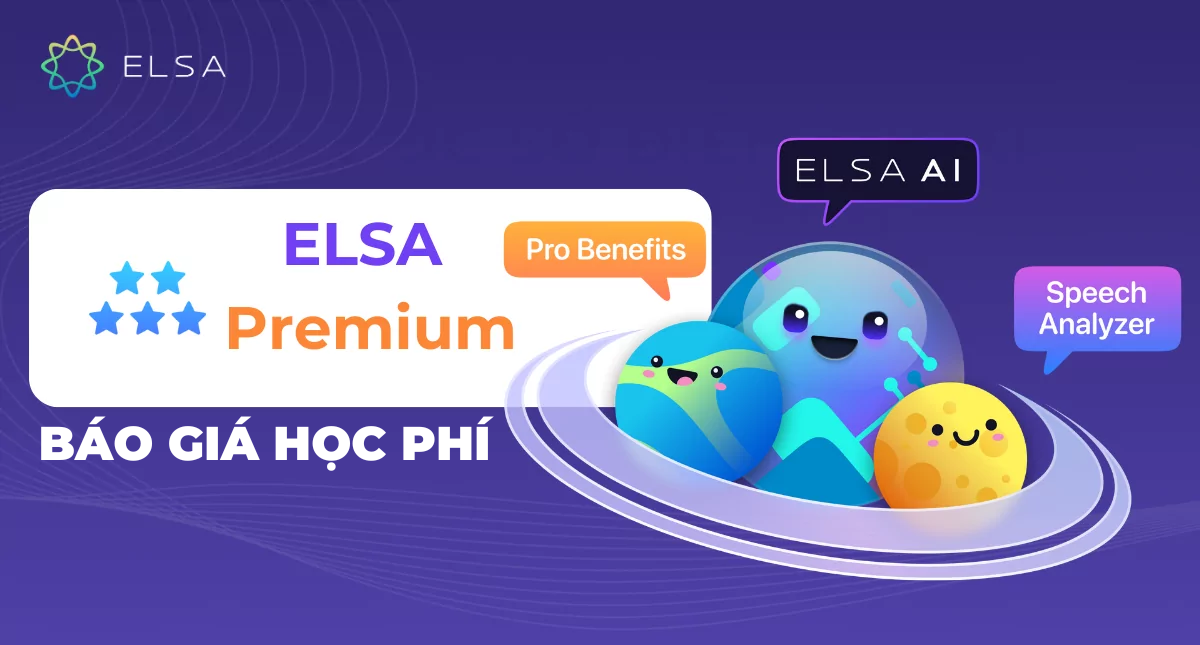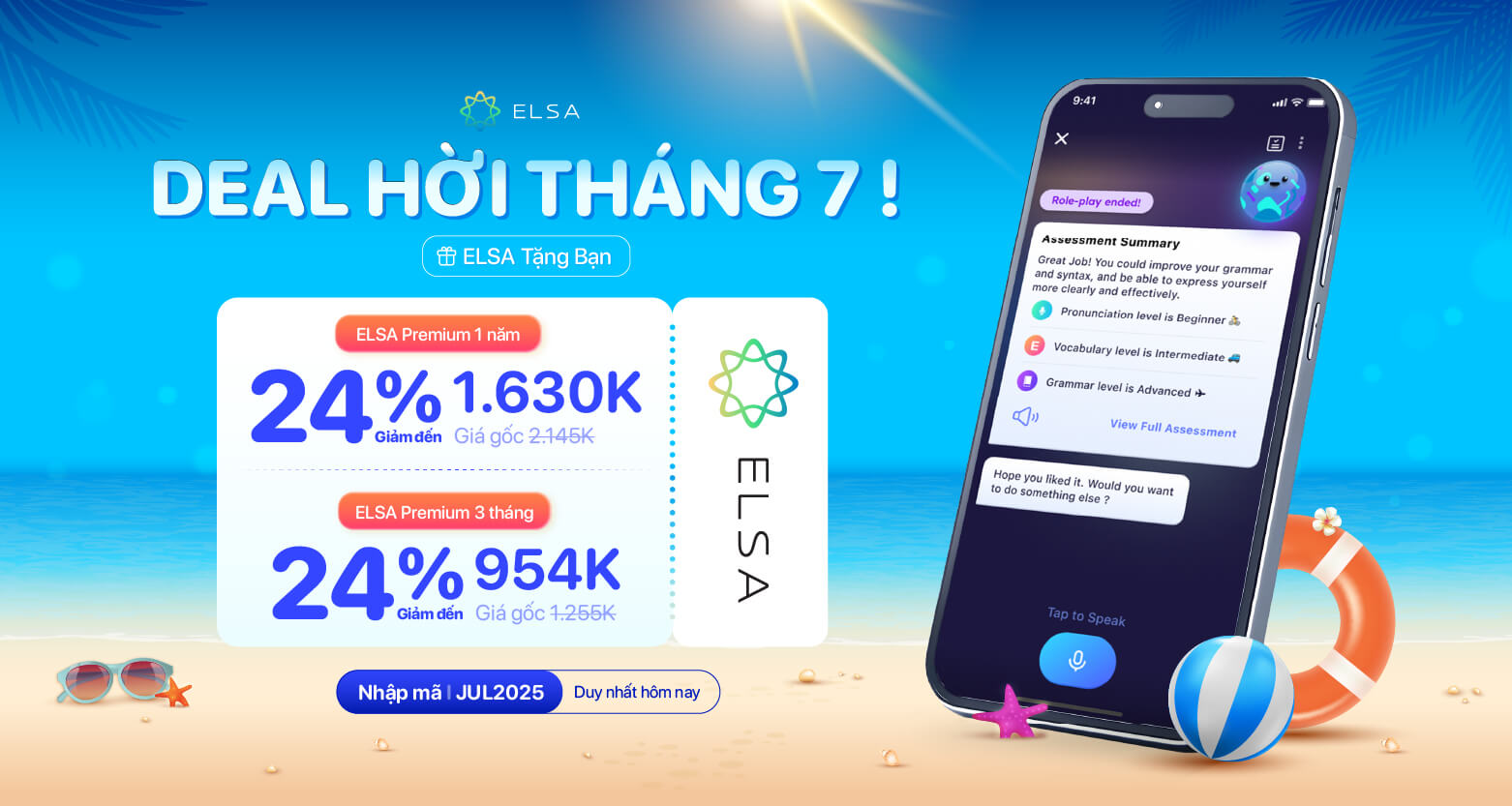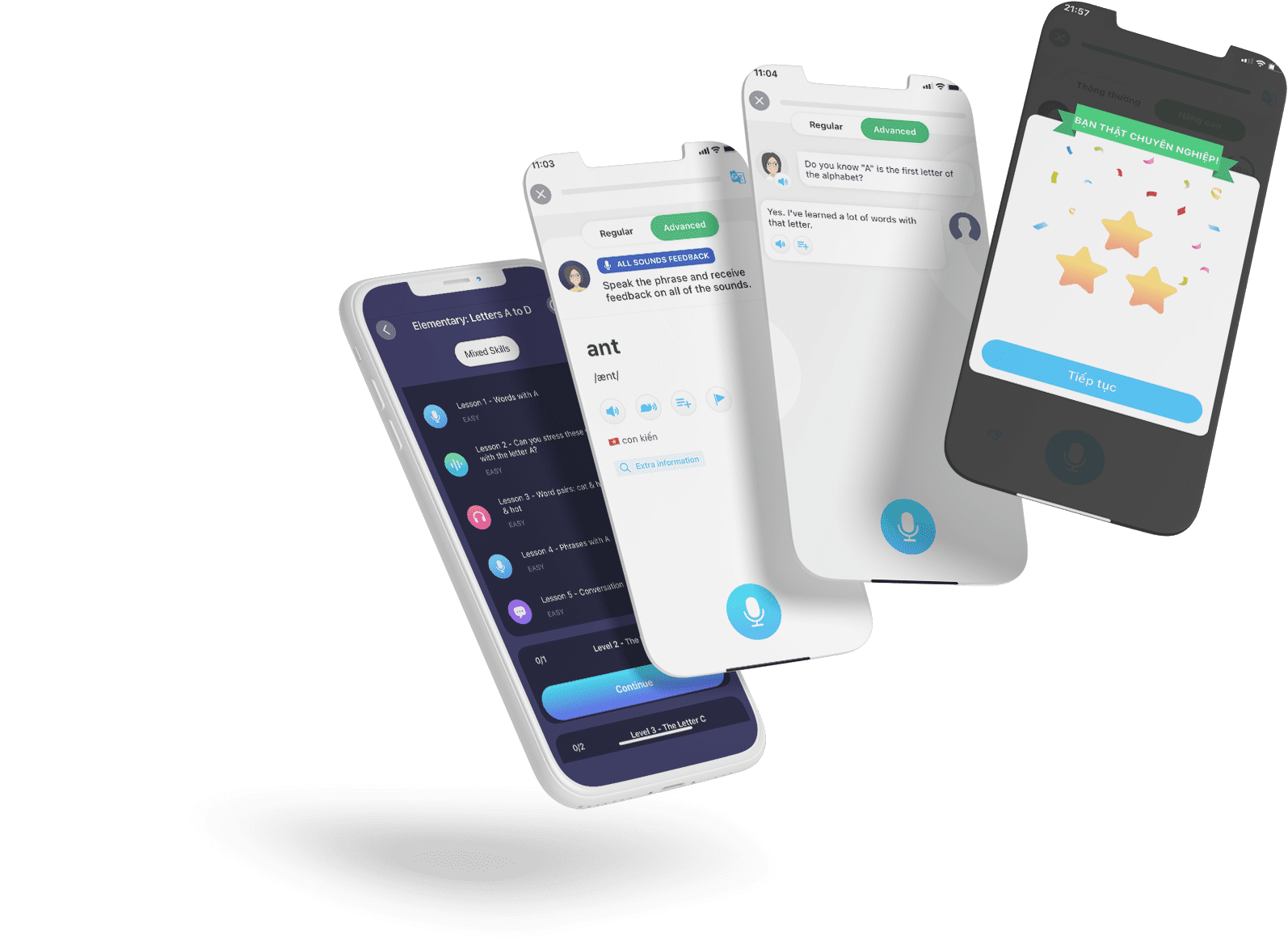In 2010, Hiroshi Mikitani, founder and CEO of Rakuten (a Tokyo-based Japanese e-commerce company), implemented an English-only policy across the company’s operations.
All internal and external Rakuten business activities, including meetings, training sessions, presentations, emails, and marketing collaterals, must now be conducted in English. This strategy is all about establishing a uniform working language that will help the organization to expand into worldwide markets quickly and easily.
Kiểm tra phát âm với bài tập sau:

Imagine:
Your organisation is based in Vietnam, making the majority of your workforce only able to speak Vietnamese. You may have considered this to be a very effective way of running your business in the past because all of your staff can communicate easily with one another; however, when you try to expand to international markets, you will find that customers do not tend to speak Vietnamese outside of Vietnam…
Your company loses its appeal without even realizing it; no matter how great your offerings are for those customers; your sales team is unable to effectively communicate and advertise to them. You’re now confined to only the Vietnamese market, unable to grow into new territories.
In a global market, well-written product and service descriptions, website content, and marketing plans written in English are critical for attracting new customers and keeping existing ones. As a result, even small business owners in developing countries can build worldwide connections and offer their products to a nearly limitless market by using English.
Customer Relationship Management

Businesses cannot exist without customers.
Customer Relationship Management (CRM) is an organization-wide effort to identify your named individual customers and cultivate a beneficial relationship between your company and these customers. With businesses gradually moving away from
Traditional CRM: Focus on individual relationships (company to customer)
and toward
Social CRM: Focus on collaborative relationships (company to customer to customer)
As a result, customers are beginning to wield even more market power, with Social CRM emphasizing and amplifying the value of word-of-mouth marketing (from better customer experience).
Cater to your precious customers

Being able to cater to the large market of English speakers will shine a positive light on a company, as customers will believe that the (non-English speaking) company went out of its way to make their experience better by adopting the English language. This enhances the client experience and increases overall satisfaction.
Unhappy and agitated (English-speaking) consumers are likely to become even more unsatisfied if employees are unable to clearly carry out service recovery in English; they expect service that caters to them, especially if they are already unhappy. If it’s helpful to know, after just three months of learning, 68% of ELSA learners speak English more clearly.
After all, what company wouldn’t want to improve its customer satisfaction?
What does ELSA bring to the customer satisfaction table?
Thanks to its AI technology that helps employees enhance their English skills, ELSA Speak–an English learning application –is being used by many businesses. It covers a wide range of English skills such as Listening, Reading, Pronunciation and Speaking, Grammar and Vocabulary compiled by ELSA’s language experts.
This application can also create learning content tailored to individual industries, allowing employees to better prepare for scenarios unique to their jobs.
ELSA’s Dashboard feature also includes overview management tools that allow firms to review, analyse, and compute ROI and investment efficiency. This seamless feature would eliminate HR’s time-consuming analysis work, allowing businesses to focus on what matters most: their products and services, rather than wasting time planning and developing English-learning programs for their staff.
With ELSA, empower your employees to reach higher levels of customer satisfaction.

 14/10/2021 | Admin
14/10/2021 | Admin









